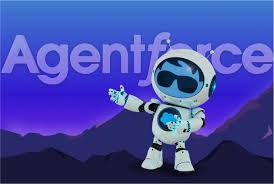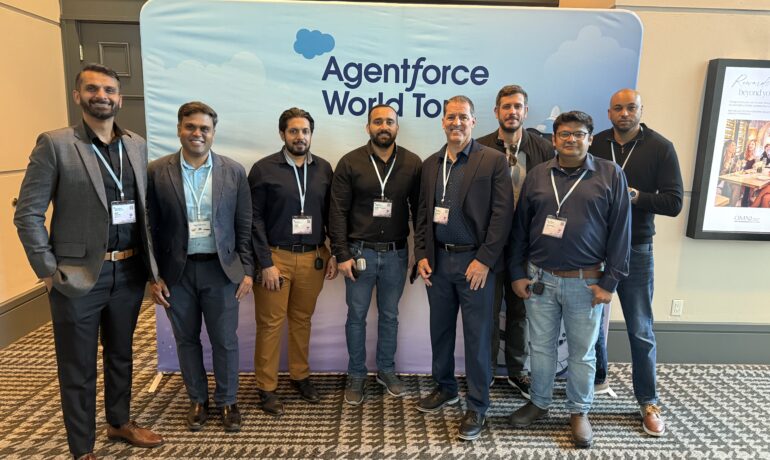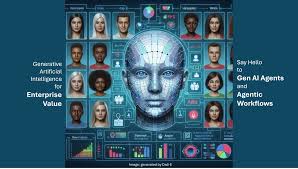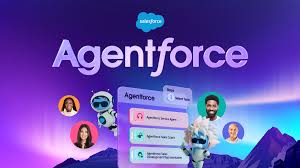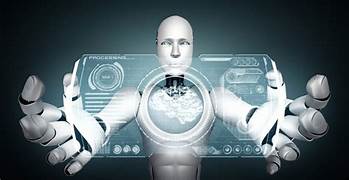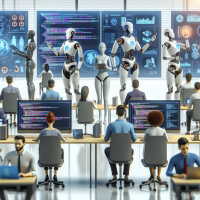Transforming Customer Service with Voice AI: Moving Beyond Outdated IVR Systems When customers need support, they still overwhelmingly turn to the phone — voice is used in 77% of all customer interactions. Despite the rise of digital channels, the simplicity and immediacy of speaking to a human remain unmatched, especially for complex or time-sensitive issues. Yet, for many businesses, phone support remains tied to outdated Interactive Voice Response (IVR) systems, which often frustrate customers instead of resolving their issues. In fact, 68% of customers report dissatisfaction with traditional IVR systems, citing their inability to handle complex requests, rigid menu structures, and lack of personalization. The result? Customers frequently press “0” just to bypass the system and speak with a human agent — negating the very purpose of automation. But now, Voice AI is changing that dynamic. Unlike traditional IVRs, Voice AI leverages conversational intelligence to engage customers in natural, human-like dialogues. It understands context, processes complex requests, and delivers personalized solutions — all while learning and improving over time. The result is faster resolutions, higher customer satisfaction, and a dramatically reduced workload for human agents. Why Traditional IVR Systems Fall Short Despite their widespread use, IVR systems are riddled with limitations that negatively impact both customer experience and operational efficiency. 1. High Call Deflection Rates Traditional IVR systems often lead to high call deflection rates, where customers immediately press “0” to bypass the system and speak to a human. This happens because menu-based prompts rarely address complex queries, forcing customers through frustrating navigation loops. 2. Rigid Menu Structures IVRs operate through predefined, menu-driven interactions, limiting customers to a small set of options. This structure fails to accommodate complex, multi-faceted issues, resulting in customers being transferred between departments or disconnected mid-call. 3. Poor Integration with Business Systems Many IVRs lack seamless integration with CRM, billing, or order management systems, preventing agents from accessing real-time data. As a result, customers are often forced to repeat information or receive outdated or inaccurate responses. 4. Limited Problem-Solving Capabilities Traditional IVRs are only capable of handling simple, repetitive tasks — like checking an account balance or resetting a password. For complex issues that require critical thinking, IVRs fall short, ultimately requiring human intervention. 5. Lack of Personalization IVRs treat every customer interaction the same. Without access to customer history or context, the experience feels generic and impersonal, leaving customers dissatisfied. Voice AI: The New Standard for Customer Service Voice AI transforms phone-based support by enabling natural, human-like conversations. Built on large language models (LLMs) and conversational AI, Voice AI can listen, understand, and resolve customer requests — in real time — without requiring human assistance. Here’s how Voice AI elevates the customer experience: ✅ Conversational Interactions (Not Menu-Driven) Unlike IVRs, Voice AI agents engage in fluid, natural dialogues with customers. Instead of listening to long menu prompts, customers can simply state their problem in their own words, and the AI will interpret, process, and respond accordingly. For example, a customer might say:👉 “I need to change my shipping address.”The Voice AI will: No menus. No buttons. Just fast, human-like conversations. ✅ Real-Time Data Access Voice AI integrates seamlessly with CRM platforms, order management systems, and billing tools, allowing it to pull real-time customer information. This means: This significantly reduces resolution times and minimizes the need for human escalation. ✅ Smart Escalation for Complex Cases When Voice AI encounters an issue it cannot resolve, it automatically escalates the call to a live agent — with full context of the conversation. This eliminates the need for customers to repeat themselves and ensures a seamless handoff to human support. Additionally, Voice AI can analyze customer sentiment, detecting frustration or urgency. For example: ✅ Continuous Learning and Improvement Unlike IVRs, Voice AI gets smarter over time. Every interaction feeds the AI model, allowing it to improve response accuracy, anticipate common issues, and enhance the overall customer experience. This self-learning capability reduces the workload on human agents while continually improving resolution rates. Key Benefits of Voice AI in Customer Service 🚀 Faster Resolution Times By eliminating menu-based navigation and enabling natural conversations, Voice AI resolves common customer issues in minutes, not hours. 📉 Reduced Call Transfers Voice AI minimizes the need for customers to repeat themselves or get transferred between departments, significantly improving first-call resolution rates. 🎯 Personalized Customer Experiences With access to customer history and real-time data, Voice AI can offer tailored solutions — enhancing customer satisfaction and building long-term loyalty. 📊 Scalable, 24/7 Support Unlike human agents, Voice AI can handle hundreds of concurrent calls at any hour of the day, ensuring consistent, high-quality support without increasing operational costs. Real-World Use Cases of Voice AI 1. Customer Service Automation Forward-thinking companies are using Voice AI agents to handle routine tasks like: But beyond routine tasks, Voice AI excels at resolving complex issues, like: This dramatically reduces wait times and call volumes, while ensuring faster and more effective resolutions. 2. Sentiment Analysis & Real-Time Insights Voice AI can analyze the tone and sentiment of a caller’s voice to identify frustration, urgency, or dissatisfaction. In real-time, it can: 3. Multilingual Support Voice AI supports multiple languages, allowing businesses to scale their customer service globally. Whether the caller speaks English, Spanish, or French, Voice AI can understand, respond, and resolve issues without language barriers. The Future of Customer Service is Voice AI Customer expectations have shifted — they want fast, human-like support without long wait times or clunky IVR menus. Voice AI delivers exactly that. By replacing outdated IVR systems with intelligent, conversational Voice AI, businesses can: The future of customer service doesn’t lie in pressing buttons — it lies in natural, seamless conversations powered by AI. Companies that embrace Voice AI now will not only meet rising customer expectations but will also drive significant efficiency gains across their operations. ✅ Ready to transform your customer support with Voice AI?Learn how Voice AI can help you reduce call times, increase first-call resolutions, and improve customer satisfaction — all while reducing


